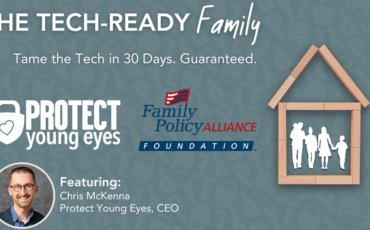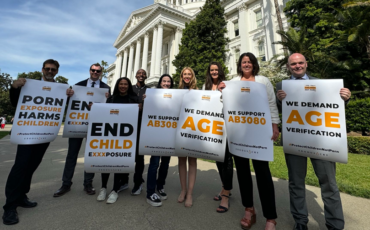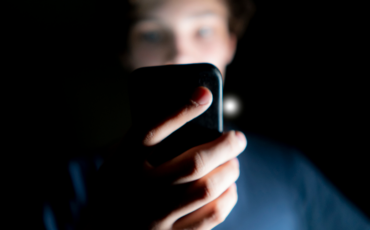

It’s not often that we hear of government bodies agreeing on a decision. But yesterday, the U.S. Supreme Court issued a UNANIMOUS judgement in favor of children and religious freedom.
What happened? Here are the facts.
The case: Fulton v. City of Philadelphia
Catholic Social Services (CSS) is a longstanding faith-based nonprofit that serves the foster children of Philadelphia. They exist to help children in need, particularly hard-to-place children, find forever homes. They have many guidelines for the families who are receiving children in their homes – including that there be a married mom and dad in the home.
Their beliefs are essential to their identity and cannot be separated from their work. But the city of Philadelphia thought otherwise.
When the city discovered CSS’s beliefs about marriage, they forced the organization to make a decision: change your beliefs, or the city will stop contracting with you.
CSS chose a third option: seek legal help.
The organization rightly recognized that this was a violation of their constitutionally protected religious freedom, and – represented by our friends at Becket Law – they took that argument to court.
After years of litigation, Catholic Social Services ultimately got their day in court before the U.S. Supreme Court last year. And today, the Justices issued their verdict: Philadelphia violated CSS’s religious freedom.
The implications: good news for children and religious freedom
This decision is good news not only for CSS, but for the many children they serve. When CSS is allowed to participate in Philadelphia’s foster care system, it not only offers a distinctly Christian option, but also increases the sheer number of foster providers – and that matters greatly.
In the U.S., more than 400,000 children in the foster system are waiting for homes. Around 4% of children are adopted within a year of entering foster care, and 85% of children in foster care have at least two placements in their first 12 months. In fact, the foster crisis is so extreme that some states are hosting foster children in hotels and office buildings because there is nowhere else to place them.
Today’s decision is a strong affirmation that foster homes like Catholic Social Services should be able to place children in loving homes while abiding by their religious convictions. Religious freedom is a precious gift afforded to all Americans. The belief that children should be in homes with a married mother and father should not be punished — and the Court affirmed that today.
The decision also reminds us of why the federal Equality Act – which could be up for a vote anytime in the Senate – is unworkable and inadvisable. The Act would redefine “sex” to include a person’s self-declared “sexual orientation and gender identity” throughout federal civil rights law. By doing that, the Act could be used to force foster and adoption agencies into similar dilemmas to Catholic Social Services – something that that the entire Supreme Court rejected today. The Equality Act would threaten religious freedom and the wellbeing of children and must be rejected.
We applaud today’s Supreme Court decision and are thankful for the work of Becket Law representing Catholic Social Services!
Joyfully,

Meridian Baldacci
Policy and Communications Strategist
P.S. Want to speak out against the Equality Act? Send a message to your Senator now.


